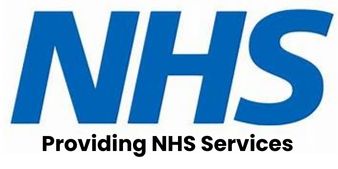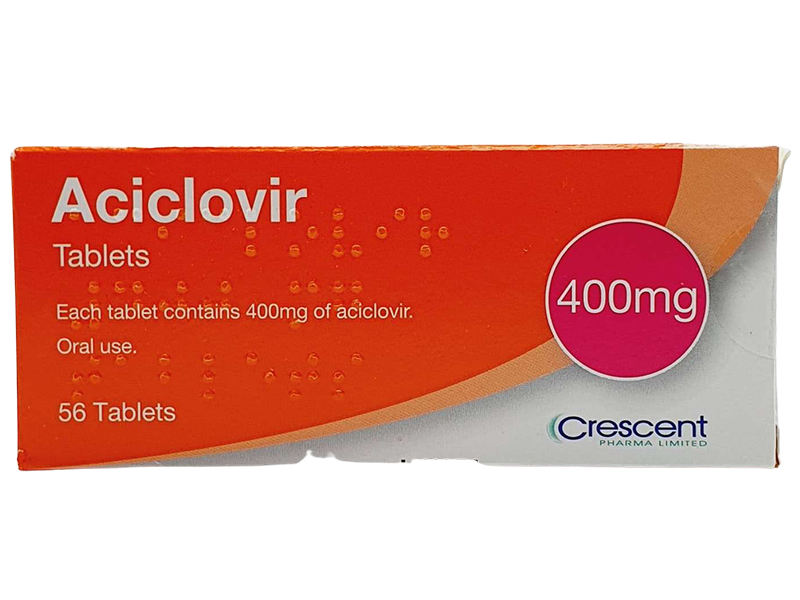What are cold sores?
Cold sores are small fluid filled blisters that appear on parts of the face, usually around the lips and mouth. Cold sores have several typical stages of progression:
- Stage 1 -you will feel a tingling, itching or burning feeling
- Stage 2 -small fluid filled blister(s) appear
- Stage 3 -blisters will burst and scab over
- Stage 4 -scabs will slowly heal until the cold sore is no longer visible
For most people, cold sores will begin to heal within ten days and often don’t require treatment. For some people, cold sores can be bigger than normal or take longer to heal than expected, in these cases it may be appropriate to seek treatment.
How do you catch cold sores?
Cold sores are caused by a virus called the herpes simplex virus (HSV). This virus is very common, in 2012 it was estimated that 67% of the world’s population were infected with this virus. The virus is caught by coming into contact with other people with an active infection. This is often during childhood when children come into close contact through activities such as play.
For most of your life, the virus will lie dormant in your skin, suppressed by your immune system. Occasionally the virus will reactivate causing a cold sore. This is often when your immune system is temporarily weakened, by example through stress or illness.
As cold sores are caused by a viral infection which currently can’t be cured, many people will experience repeated cold sores. This is because the virus repeats the cycle of reactivation over and over again.
When are cold sores contagious?
Cold sores are contagious as soon as you feel a tingling, itching or burning sensation on your face, until the blister has burst, scabbed over and fully healed.
If you or your child has a cold sore, it is a good idea to avoid sharing eating utensils, drinking bottles or other items that regularly come into contact with your mouth and face. You should also avoid touching the cold sore directly and regularly wash your hands – this will help prevent the virus from being passed from one person to another.
Cold sores and genital herpes
The virus which causes cold sores can also be transmitted to the genitals and anus, potentially causing genital herpes, but this is not as common. If you are worried, you should avoid touching your cold sores with your hands, regularly wash your hands and consider treating your cold sore with an oral medicine or cream.
You should not engage in oral sex while you have a cold sore as this can increase the risk of passing the virus to a partner. You should also use a condom during sex as this can reduce your risk of contracting or passing on HSV infection of the genitals.
When do cold sores need treatment?
Most cold sores will not require treatment and cold sores are very common, particularly in children.
However, some people may experience particularly large, painful or prolonged cold sores and in these scenarios, treatment may be appropriate. Treatment can be discussed with your GP, Pharmacist or accessed online through a registered online Doctor and Pharmacy service.
What is Aciclovir?
Aciclovir is an ‘antiviral’ medicine which means it is designed to act against viruses. Aciclovir is specifically designed to treat the herpes simplex virus, as well as some other closely related viruses, such as the virus that caused chicken pox.
Aciclovir works by interrupting the normal process of viral replication – when viruses copy themselves inside your cells. This helps reduce the number of viruses in your body and in turn helps reduce the severity of symptoms experienced.
How to take aciclovir?
Aciclovir is an oral medicine which should be swallowed with or without water. You should only take aciclovir at the prescribed dose.
Aciclovir is most effective when used as early as possible, i.e. at the onset of symptoms.
You should remain well hydrated while you are taking aciclovir.
Aciclovir can be used for the treatment of HSV infections, in this case cold sores.
Usual dose:
- Treatment of an active infection:
- One tablet (400mg) three times daily (usually every four hours while awake), for five days.
Do I need medical advice before taking aciclovir?
If you are elderly, renally impaired (damaged kidneys/reduced kidney function), pregnant or breast feeding, you should seek medical advice before taking aciclovir.
Aciclovir is suitable for children over the age of two years old at the same dose as adults. For children under two years old, the dose should be half of the adult dose. If at all unsure about how to do this, you should seek medical advice.
If you have a damaged or weakened immune system (immunocompromised) you should seek medical advice before taking aciclovir and at any time you experience a cold sore or other infection.
Side effects
As with all medicines, aciclovir should only be taken after carefully weighing the potential positives and negatives in conjunction with a qualified healthcare professional. Aciclovir is known to cause side effects.
Common sides effects (occurring in one or more people out of one hundred):
- Headache
- Dizziness
- Nausea
- Vomiting
- Diarrhoea
- Abdominal pains
- Pruritis
- Rashes (including increased photosensitivity)
- Fatigue
- Fever
Alternatives
Cold sores are common and for most people they will naturally heal and disappear after approximately ten days. You should carefully consider whether you need treatment, noting that treatment will have little or no effect unless used as early as possible.
Antiviral creams containing aciclovir and penciclovir, non-antiviral creams and cold sore patches are available in most chemists as over the counter options.
Additional steps you can do yourself:
- eat cool, soft foods
- use an antiseptic mouthwash if it hurts to brush your teeth
- wash your hands with soap and water before and after applying cream
- avoid anything that triggers your cold sores
- use sunblock lip balm (SPF 15 or above) if sunshine is the trigger
- take paracetamol or ibuprofen to ease pain and swelling (liquid paracetamol is available for children)
- drink plenty of fluids to avoid dehydration
- wash your hands with soap and water before and after applying cream
Always remember:
Do not kiss babies if you have a cold sore. It can lead to neonatal herpes, which is very dangerous to newborn babies.
Find out more about cold sores and alternatives to treatment here.


